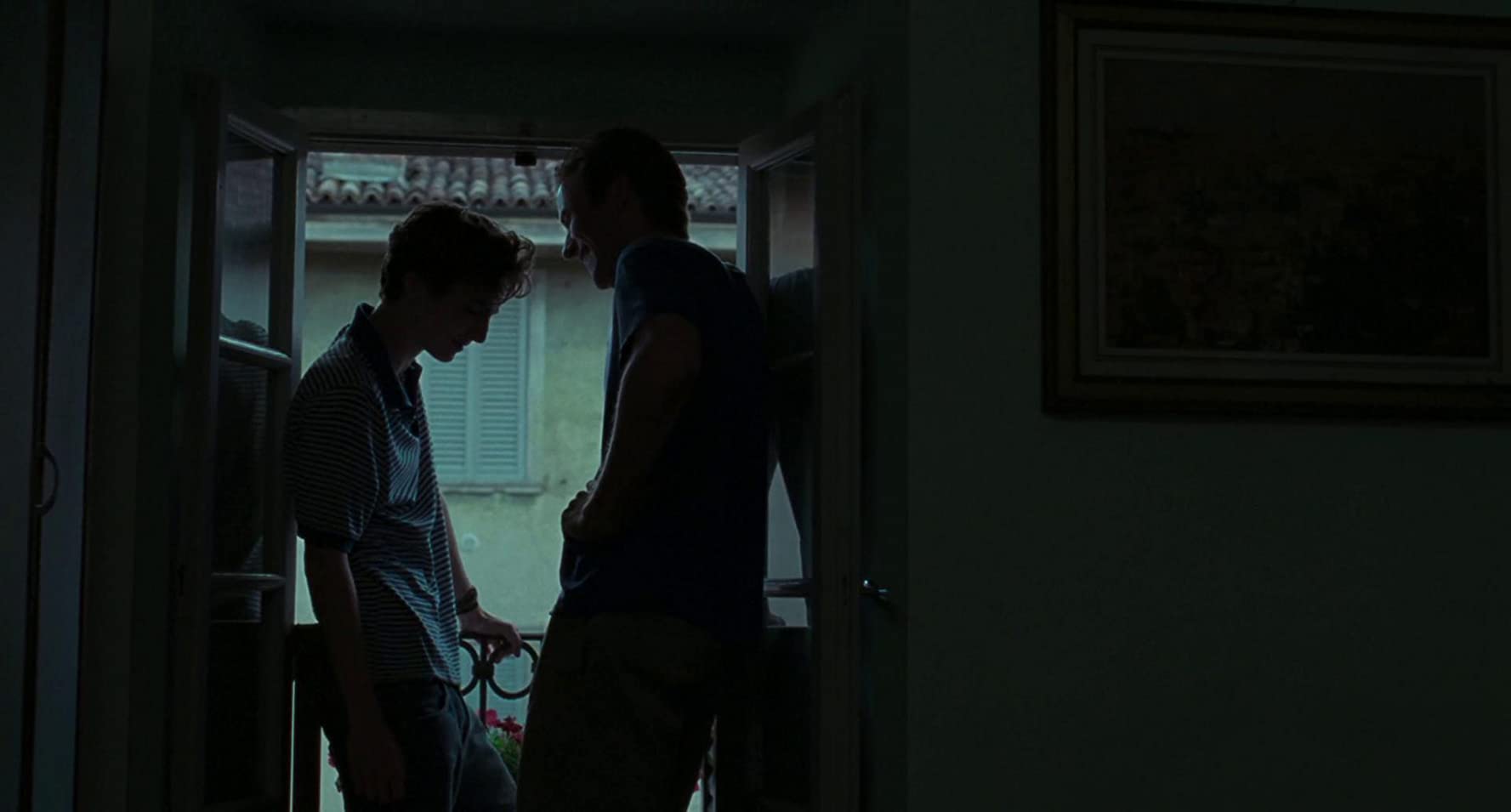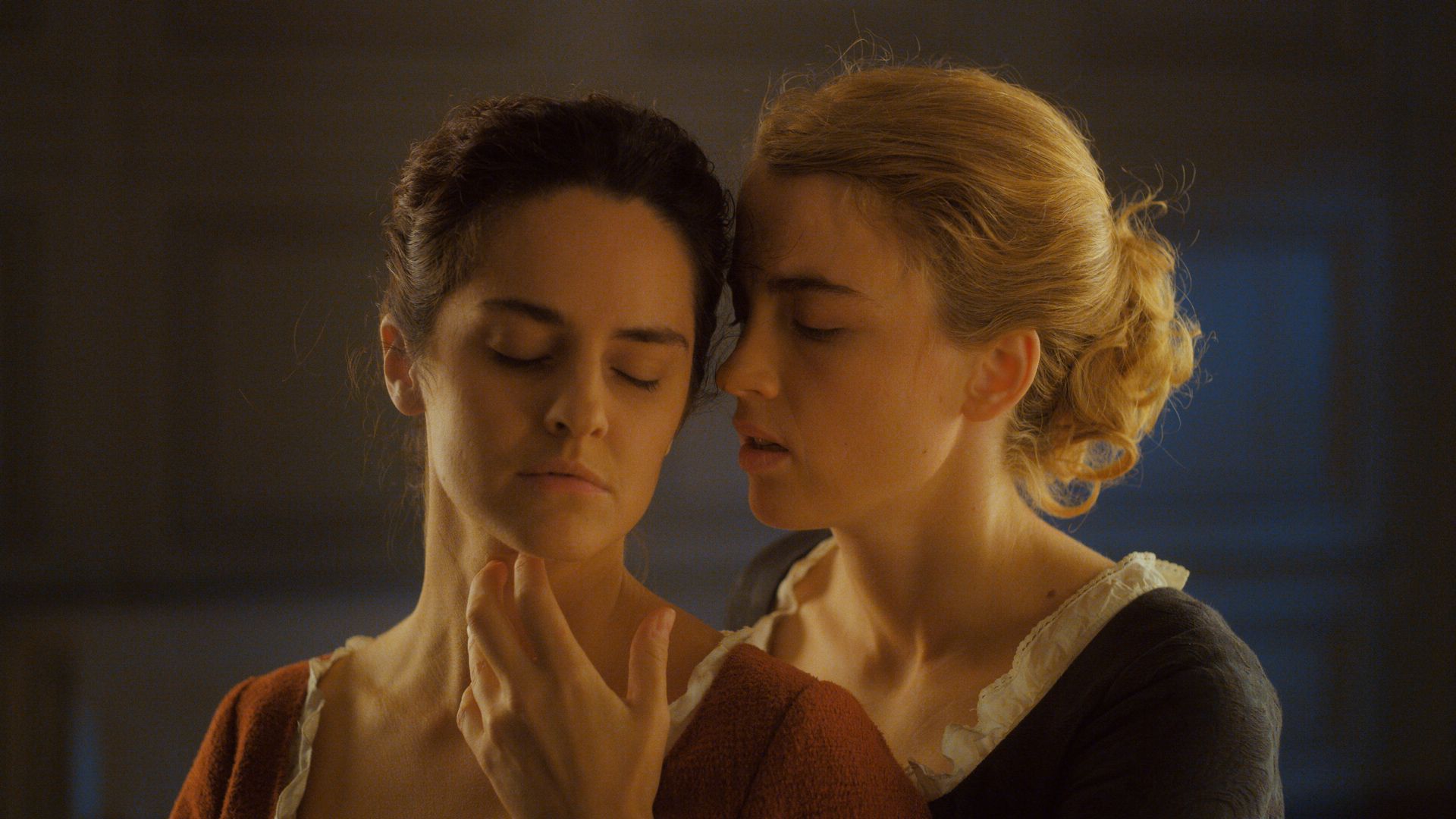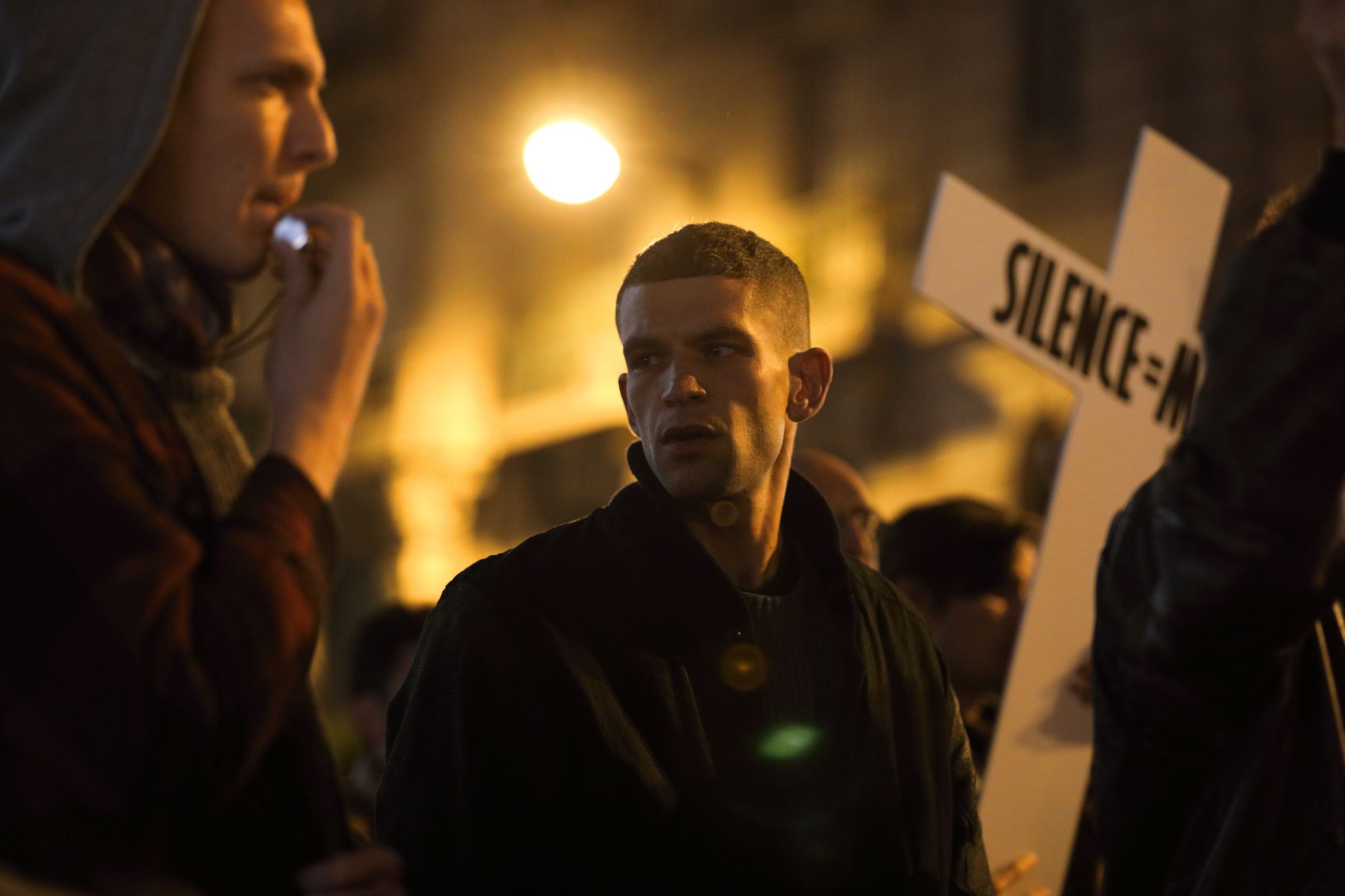By Sam Vickers, Film & TV Deputy Editor
Over the past thirty years, LGBTQ+ culture has made a pronounced entrance into mainstream cinema, with many films being made about the queer experience. From Almodóvar’s Todo Sobre mi Madre (1999), through Ang Lee’s Brokeback Mountain (2006) up to Barry Jenkins’ Moonlight (2017), LGBTQ+ culture and representation has slowly permeated popular cinema.
Looking back through the past ten years of Academy Best Picture Nominees, there has been the consistent presence of at least one film centring LGBTQ+ characters and/or culture.
However, it is not just their presence that confirms their position in the industry, but rather their content. There are a number of films that have been hugely important for LGBTQ+ equality and Pride movements, such as Call Me by Your Name (2017), Carol (2015) and Una Mujer Fantástica (2017). Each of these attracted a cult following, as well as multiple Academy Awards and nominations.
The significance of these films as cultural milestones is never in doubt, and I would argue that they are the some of the best examples of LGBTQ+ being represented in mainstream cinema today.

The Wolf of Wall Street has been criticised for its ‘gay butler’ scene, and not addressing the homophobia in the film. To portray an attitude is not necessarily to endorse it, but Scorsese’s film is strangely unbalanced in this way: the characters face legal consequences for their financial crimes, the protagonist faces a divorce for his domestic abuse, but when it comes to homophobia, the team seems to get away with (almost) murder.
In contrast, in Peter Farelly’s much debated Green Book (2018), the theme of homosexuality is tremendously, albeit fleetingly, handled: it develops the two leads’ relationship and, although fundamentally a plot device, is tastefully negotiated.
The recent biopics Bohemian Rhapsody (2018) and Rocketman (2019) both faced criticism for their attempts to ‘de-gay’ their content, cutting a 40 second sex-scene from the latter and with the former portraying Freddie Mercury as a naïve and impressionable young star who is led astray. In fact, the version Twentieth Century Fox released in China lacked any allusion to his sexuality at all.
However, some argue that because the piracy audience exists in China, and other countries with a less than positive stance on homosexuality, that if they want the full version, they can find it. This is a criticism that was also applied to the lack of sex in The Imitation Game (2014).

It is also interesting to see the parallel between English Language Film and Foreign Film in their approaches to these themes; the Spanish filmmaker, Pedro Almodóvar, is ostensibly the greatest cinematic champion of LGBTQ+ representation and yet he is unrecognised by British viewers with worrying frequency.
In particular, his film Mala Educación (2004), tackles transsexuality through Almodóvar’s signature metafiction in a very entertaining way. Almodóvar often finds a way of introducing some levity and moments of comedy into his films, whilst managing to avoid flippancy – an achievement that cannot be ascribed to a film such as Dating Amber (2020), a film that, for me, emphasised the importance of looking to the rest of the world’s cinema to do things with different nuance to British and American studios.
Another European filmmaker to garner critical acclaim is Céline Sciamma, for her film, Portrait of a Lady on Fire (2019). In spite of this, it was not nominated for a single Oscar. This is typical of the Academy when it comes to Foreign Language films, unfortunately, and the role that this has played in limiting the proliferation of LGBTQ+ culture in film.

Within the genre of LGBTQ+ cinema, there is also a subdivision of films about protest that play an important role. Notably, Pride (2014) and 120 BPM (2017). These films have a galvanising effect and are as crucial as social movements as they are as art, proving that cinema is a key tool for social change.

Yet another notable instance of important LGBTQ+ cinema is Tom Hooper’s The Danish Girl (2016). The reason for Eddie Redmayne’s first Oscar nomination, this was one of the first mainstream films to deal with transgenderism. Redmayne gives a strong performance that, combined with the rest of the production, deals with the subject matter in a sensitive way.
It can be difficult to represent LGBTQ+ culture in the right way through film. Whilst a lot of modern TV shows feature a gay character, studio films seem to either focus on LGBTQ+ entirely or, more often, ignore it entirely. The films that do it best seem to handle it like any other topic and I think this is the most important lesson that popular cinema can learn for its future productions.
Featured: IMDb, Curzon
Are there any other films that you would recommend for their depictions of the LGBTQ+ community?









